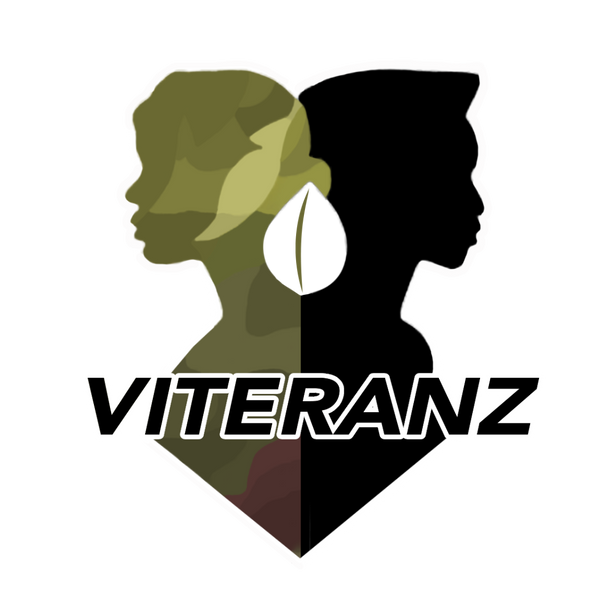
Are PTSD and Anxiety Related? Exploring the Deep Connection and Treatment Options
The Intricate Web: Unraveling the Connection between PTSD and Anxiety
The Intricate Web: Unraveling the Connection between PTSD and Anxiety
Understanding the Human Mind
In the labyrinth of the human mind, emotions and experiences weave together in complex patterns, creating our unique mental tapestry. Among these threads, some are vibrant and joyful, while others are shadowy and painful. Particularly prominent among these darker strands are Post Traumatic Stress Disorder (PTSD) and anxiety.
PTSD: The Uninvited Guest
PTSD is a mental health condition triggered by a terrifying event, either experiencing it or witnessing it. It's like an unwelcome visitor that overstays its welcome, plunging the individual into a persistent state of 'fight-or-flight'. The world morphs into a battlefield, and the mind turns into a relentless adversary.
Anxiety: The Invisible Hand
Conversely, anxiety is a collective term for several disorders causing nervousness, fear, apprehension, and worrying. It's akin to a nagging whisper in the back of your mind, an invisible hand that keeps rocking the boat, making it impossible to find steady ground.
The Sibling-like Relationship between PTSD and Anxiety
At first glance, PTSD and anxiety might appear as distant cousins in the family of mental health disorders. But delve a little deeper, and you'll find that they're more like siblings, sharing a common genetic makeup of fear and distress.
Shared Symptoms and Triggers
Both PTSD and anxiety disorders manifest through a sense of impending doom, increased heart rate, hyperventilation, restlessness, difficulty sleeping, and trouble concentrating. Moreover, both conditions can develop as a response to a traumatic event. A car accident, a natural disaster, a personal assault – these traumatic experiences can serve as the catalyst for both PTSD and anxiety disorders.
The Domino Effect: PTSD and Anxiety
Research indicates that people with PTSD are between 2 to 4 times more likely to also have an anxiety disorder. It's like a domino effect, where one condition topples into the other, creating a cascade of mental turmoil.
The Brain's Response to Stress
The connection between PTSD and anxiety lies in our brain's response to stress. Both disorders are associated with changes in the brain regions responsible for processing fear and stress. It's akin to a faulty alarm system that can't distinguish between a minor threat and a major one, causing it to go off at the slightest trigger.
Treatment and Recovery: A Path Forward
Understanding the relationship between PTSD and anxiety is crucial for effective treatment and recovery. Cognitive Behavioral Therapy (CBT) has proven effective in treating both conditions. Similarly, medications like selective serotonin reuptake inhibitors (SSRIs) can help manage the symptoms of both PTSD and anxiety.
The Importance of Individual Treatment Approaches
However, it's vital to remember that everyone's mental health journey is unique. What works for one person might not work for another. It's like finding the right key for a lock – it requires patience, trial and error, and professional guidance.
Conclusion: Unraveling the PTSD-Anxiety Web
In conclusion, PTSD and anxiety are not just related; they're often two sides of the same coin. They share common triggers, symptoms, and even treatment approaches. But with understanding, support, and appropriate treatment, it's possible to untangle this intricate web and reclaim control over one's mental well-being.
Reaching Out: The First Step Towards Recovery
Remember, it's okay to ask for help. It's okay to reach out. You're not alone in this journey. Like a lighthouse in a storm, there are resources and professionals ready to guide you towards calmer waters. Don't lose hope, for even in the darkest threads of our mental tapestry, there lies the potential for resilience, recovery, and renewal.
